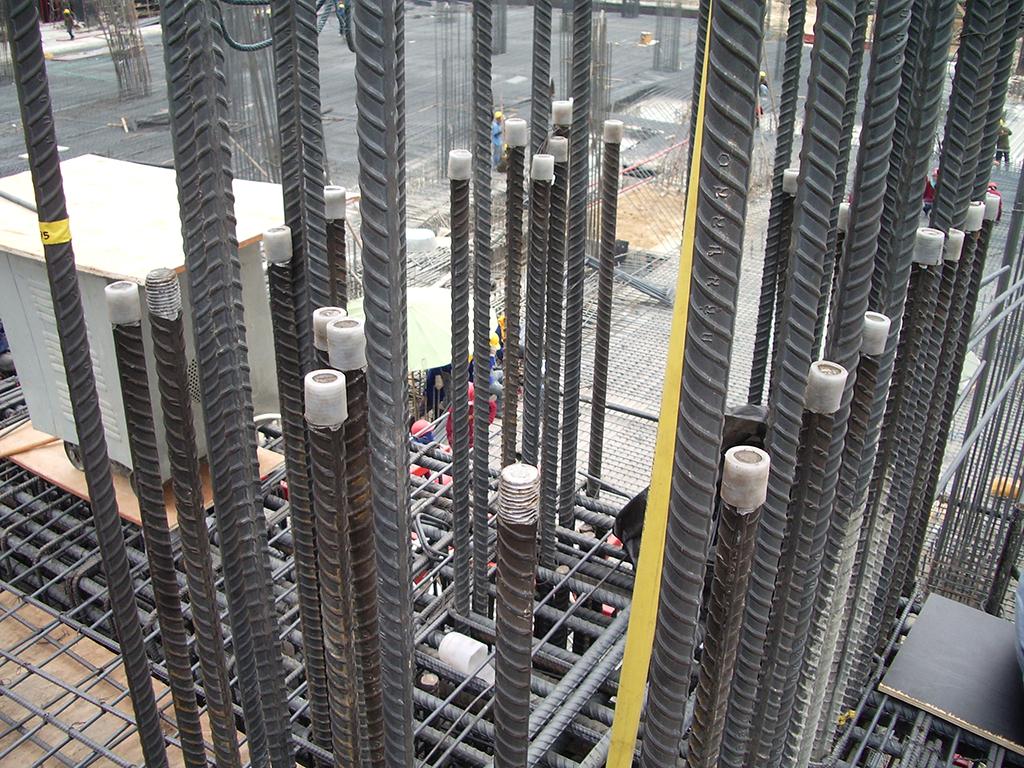
Steel and aluminium manufacturers should brace for a new levy on their exports as a result of the European Union's (EU) introduction of the Carbon Border Adjustment Mechanism (CBAM) on Oct 1 this year, says the Office of Industrial Economics (OIE).
The transitional phase of CBAM requires importers of iron and steel, aluminium, cement, fertilisers, electricity and hydrogen to report greenhouse gas emissions embedded in their imports without being subject to financial payments or adjustments, according to the EU.
Importers are scheduled to pay a levy for CBAM certificates from Jan 1, 2026.
"CBAM will affect Thai industries that release carbon dioxide during their manufacturing processes," said Warawan Chitaroon, director-general of the OIE.
Thai exports of steel and aluminium will be affected by CBAM, she said.
Last year, the value of Thai steel exports to the EU was US$201 million, or 0.7% of the total value of exports to the 27-country bloc. Thai aluminium exports were valued at $111 million, making up 0.4% of the total export value.
Mrs Warawan said the EU expects CBAM to help it curb "carbon leakage" and ensure fair competition among manufacturers with different levels of carbon dioxide emissions.
Carbon leakage occurs when EU-based companies move carbon-intensive production abroad to countries where less stringent climate policies are enforced, or when EU products are replaced by more carbon-intensive imports.
She also warned Thai manufacturers and exporters about the US Clean Competition Act, currently being examined by US legislators.
The bill, which was introduced in the US Senate in September last year, is intended to deal with sources of carbon dioxide emissions and make American companies more competitive in the global market.
The legislation comprises a carbon pricing mechanism for US-made products and a levy for imported products in targeted industries, including petroleum production and refining, petrochemicals, fertiliser, hydrogen, adipic acid, cement, iron and steel, glass, pulp and paper, and ethanol, according to Kasikorn Research Center.
The levy for producers in the US is expected to take effect in different years, said the centre.
Last year, Thailand exported plastic products worth $1.2 million to the US, making up 2.1% of the total value of goods shipments, while aluminium exports were worth $884 million, or 1.5% of the total value, said Mrs Warawan.
Though the EU and US are not major export markets for Thai steel, aluminium and plastic products, manufacturers should adjust to the new trade requirements to maintain their customer base, she said.
Making manufacturing more eco-friendly under the bio-, circular and green economic development concept would help manufacturers and exporters avoid CBAM, Kriengkrai Thiennukul, chairman of the Federation of Thai Industries (FTI), said earlier.
Nava Chantanasurakon, chairman of the FTI's Iron and Steel Industry Club, said the EU's CBAM will definitely affect Thai exports, specifically production industries that use fossil fuel-based energy such as cement, steel and glass.
He said these industries are speeding up studies on alternative energy sources, though investment in green energy is capital-intensive and the FTI had already asked the government for financial support to reduce the private sector's expenditure.